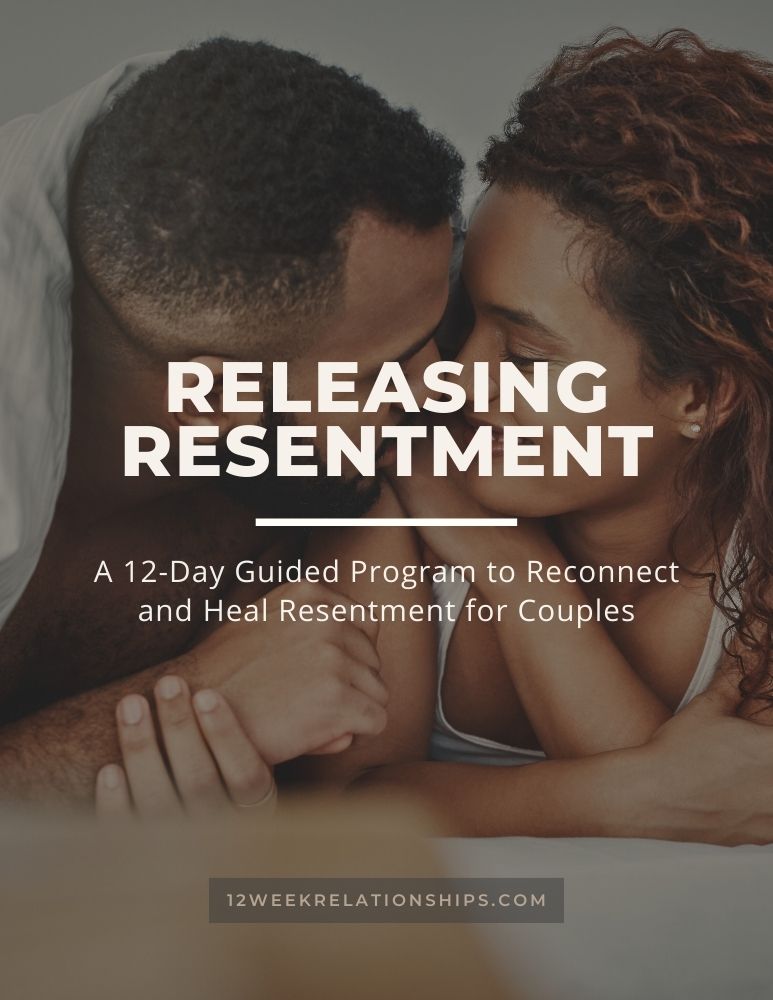Have you ever heard the term "friends with benefits" and wondered what it really means? Well, you're not alone. In today's modern dating landscape, this type of arrangement has become increasingly common. In fact, in 2013 a study showed that somewhere around 30-60% of university students engaged in a friends-with-benefits style relationship. But what exactly does it entail? How often does it end well for both friends?
In this article, we'll delve into the world of friends with benefits, exploring what it means, the potential benefits and challenges, and how to navigate this unique type of relationship.
Defining Friends with Benefits
Friends with benefits, often abbreviated as FWB, is a term used to describe a relationship dynamic where two individuals engage in sexual activities and maintain a friendship without the commitment of a romantic partnership. It's a casual arrangement where the emphasis is on physical intimacy and mutual enjoyment, rather than emotional attachment or long-term commitment. Even though it is meant to be casual, it is important to know that there is a high level of commitment and care that has to be put in by both parties, in order for this FWB arrangement to work.
In a friends-with-benefits relationship, the boundaries and expectations are typically established upfront, allowing both parties to engage in a consensual and non-exclusive sexual relationship while maintaining their autonomy and freedom. It's important to note that the definition and terms of a friends-with-benefits relationship may vary depending on the individuals involved, as everyone's preferences and boundaries can differ.
The Benefits of Friends with Benefits
1. Sexual Fulfillment: Friends with benefits arrangements can provide a safe and consensual outlet for sexual exploration and satisfaction. Both parties can enjoy physical intimacy without the emotional expectations or commitment associated with traditional relationships.
2. Emotional Freedom: Unlike romantic relationships, friends with benefits allow individuals to enjoy the benefits of companionship and sexual intimacy without the emotional investment and potential heartache. It can be a desirable option for those who prioritize personal freedom and independence.
3. Friendship and Compatibility: Friends with benefits arrangements often stem from existing friendships, where there is already a foundation of trust and compatibility. This can enhance the overall experience and make the encounters more enjoyable and relaxed.
4. Learning and Growth: Engaging in a friends-with-benefits relationship can provide valuable insights about one's own desires, boundaries, and communication skills. It can be an opportunity for personal growth and self-exploration in the realm of sexuality and relationships.
All of this is to say that there are a number of benefits that go beyond physical intimacy. But how about the challenges of such relationships?
Navigating the Challenges
While being friends with benefits offers certain benefits, it's important to acknowledge the potential challenges that can arise:
1. Emotional Complexity: Despite the intention to keep emotions at bay, it's common for feelings to develop over time. One or both individuals may start desiring a deeper emotional connection, which can complicate the arrangement and lead to hurt feelings or unmet expectations.
It's important to understand that when it comes to physical intimacy, the very act itself is designed biologically to promote partner bonding. The regular release of dopamine and oxytocin through pair bonding makes it that much more challenging to have sexual relationships without an expectation of a deeper connection.
2. Communication is Key: Clear and honest communication is crucial in friends-with-benefits relationships. Both parties need to establish and regularly reassess their boundaries, expectations, and level of emotional involvement. Open dialogue ensures that both individuals are on the same page and can avoid misunderstandings.
But again, there's a contradiction here. The whole point of being friends with benefits is to avoid such relationship complexities. And yet, when it comes to friends-with-benefits relationships, we find a lot of complexity is created right from the beginning when it comes to establishing rules and boundaries.
3. Jealousy and Exclusivity: Friends-with-benefits arrangements allow for non-exclusivity, meaning either party can engage in other sexual or romantic relationships. However, jealousy can still arise, especially if one person becomes romantically involved with someone else. It's essential to address jealousy and establish guidelines for openness and transparency.
4. The End of the Arrangement: Friends-with-benefits relationships can come to an end for various reasons, such as one person finding a romantic partner or one party desiring a more committed relationship. The transition from a friends-with-benefits arrangement back to a strictly platonic friendship requires sensitivity, clear communication, and mutual understanding.
It may also be problematic when it comes to each person's future partners. For example, your future partner might not feel comfortable with you remaining friends with someone that you previously had a sexual relationship with.
Tips for a Successful Friends-with-Benefits Relationship
1. Set Clear Boundaries: Establish boundaries and expectations early on to ensure that both parties are comfortable and have a shared understanding of the arrangement. This includes discussions about exclusivity, emotional involvement, and safe sex practices.
2. Regularly Check-in: Regularly communicate and check in with each other to assess how the arrangement is working for both individuals. This allows for adjustments or changes to be made if necessary.
3. Practice Safe Sex: Engaging in sexual activities always carries the risk of sexually transmitted infections (STIs). It's essential to prioritize safe sex practices and use protection to ensure the physical well-being of both partners.
4. Maintain Mutual Respect: Treat each other with respect, kindness, and consideration. Remember that even in a casual relationship, both individuals deserve to be treated well and have their boundaries respected.
5. Be Prepared for Change: Friends-with-benefits relationships are not meant to last forever. Be prepared for the possibility that one or both individuals may develop new romantic interests or desire different types of relationships. Embrace the fluidity of the arrangement and be open to discussing the future.
Friends with benefits can be a fulfilling and enjoyable experience when approached with clear communication, respect, and self-awareness. By understanding the boundaries, benefits, and challenges of this arrangement, individuals can make informed decisions about their own desires and navigate the complexities of a more casual relationship. Remember, it's important to prioritize your emotional well-being and always engage in consensual and respectful interactions.











